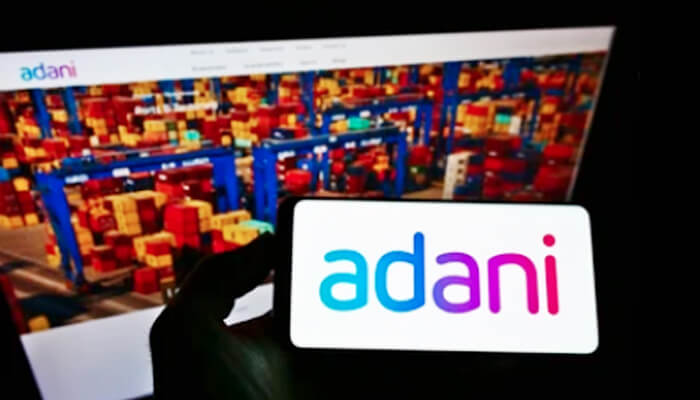Indian billionaire Gautam Adani’s conglomerate has criticized what it called “Soros-funded interests” after media outlets alleged—citing papers obtained by a network of investigative journalists—that the Adani Group had employed intricate and clandestine offshore activities to increase its market worth.
The non-profit Organised Crime and Corruption Reporting Project (OCCRP), which counts the Open Society Foundations of billionaire George Soros among its financial backers, discovered the records. Its findings were shared with media outlets like The Guardian and the Financial Times.
According to OCCRP, 4% of its funding comes from the Soros Foundation. Additionally, the Ford Foundation, the UK Foreign Office, and the US State Department support it. As per Financial Times report on the OCCRP probe, it shed light on the friendship between Adani and Indian Prime Minister Narendra Modi and revealed “bespoke investment structures” at a Bermuda corporation used solely by Adani associates to trade the shares of the company.
The Financial Times said that sources familiar with the structures stated the investment business used “parallel sets of books and a Russian doll of companies and funds” to conceal the trades.
According to The Guardian, during the Adani Group’s ascent to become one of the most prominent firms in India, family members may have spent years clandestinely accumulating stock in Adani Group companies through a secret and intricate operation in Mauritius.
The reports come seven months after Hindenburg Research, which profits by placing bets against stocks it thinks are inflated or fraudulent, published a report accusing Adani of pulling off “the largest con in corporate history” and “brazen stock manipulation” that had greatly increased the value of the ports-to-energy conglomerate.
The Hindenburg Report was labelled by the Adani Group as “nothing but a lie” and “a calculated attack on India.” However, after it was published, its value plummeted, wiping out around half of its founder’s wealth in a matter of weeks.
Equally harsh criticism was levelled at this week’s latest reporting by the corporation.
In a statement sent to international media outlet on Thursday, it added, “We categorically reject these recycled allegations.” “These news reports seem to be yet another coordinated attempt by Soros-funded interests supported by a segment of the foreign media to revive the meritless Hindenburg report,” one commentator said.
According to co-founder Drew Sullivan, the OCCRP has more than 40 funders who have all agreed to grant the network complete editorial control through written agreements. X, formerly known as Twitter, is a platform that Sullivan uses to post on.
When Hindenburg released its assessment in late January, it posed 88 inquiries to Adani that raised concerns about the viability of his conglomerate’s finances. They varied from inquiries about the group’s offshore entities to inquiries about the reason for its “such a convoluted, interlinked corporate structure.”
Adani is a native of the same state as Modi, Gujarat, and is one of the premier’s most trusted business partners. Modi utilized Adani’s private jet during his 2014 election campaign for prime minister. Over the years, all allegations of favoritism have been refuted by both the industrialists and the ruling party.
Government regulators, including SEBI, were informed about stock market activities utilizing Adani offshore funds as early as 2014, according to The Guardian, which cited a document released by the OCCRP.
Rahul Gandhi, a well-known congressman from India’s main opposition Congress party, called on Modi to look into the claims made by the Financial Times and The Guardian while speaking to media in Mumbai on Thursday. Gandhi also criticized Modi for remaining silent on the issue.



